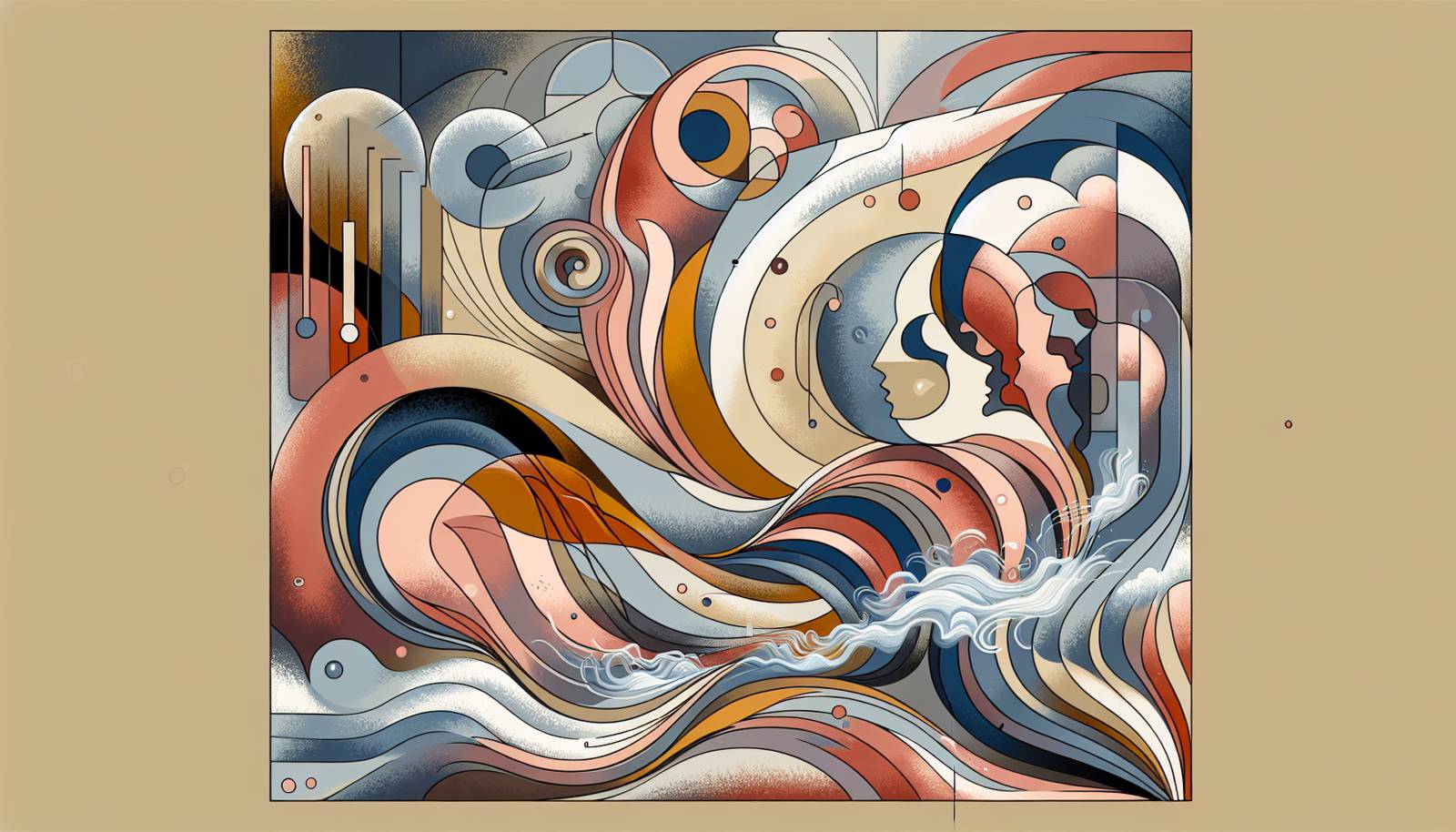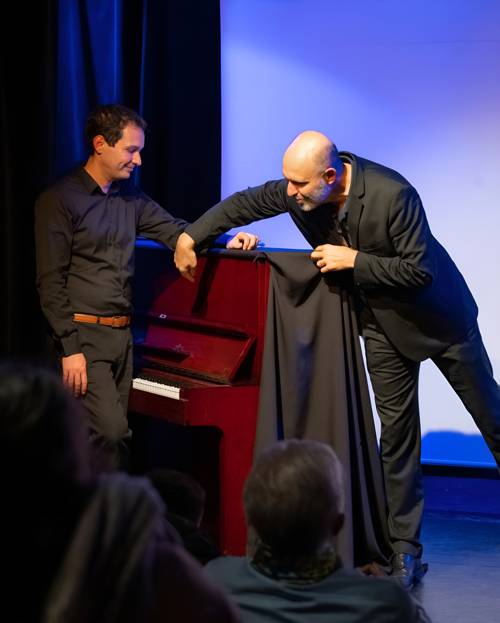
FAQ About The Cultural Impact of Surrealist Theatre on Modern Productions

What is the Theatre of Cruelty, and how is it related to surrealism?
The Theatre of Cruelty is a concept developed by Antonin Artaud that aims to shock the audience through intense, often violent imagery and emotionally charged performances. While not purely surrealist, it shares the goal of disrupting ordinary perceptions and conventions, intending to connect directly with the audience's psyche, similar to surrealist practices.
Other Questions About The Cultural Impact of Surrealist Theatre on Modern Productions
- What is surrealist theatre?
- Who were some key figures in surrealist theatre?
- How has surrealist theatre impacted modern storytelling techniques in theatre?
- What are some common themes explored in surrealist theatre?
- In what ways has surrealist theatre influenced the aesthetics of modern theatrical productions?
- Can you name a modern play or production influenced by surrealist theatre?
- How does surrealist theatre differ from other avant-garde movements?
- What is the Theatre of Cruelty, and how is it related to surrealism?
- How do modern directors incorporate surrealist elements into their productions?
- Why are surrealist techniques still relevant in today’s theatre?
- How do actors approach roles in surrealist theatre differently?
- Are there specific challenges involved in staging surrealist theatre?
- What role does set design play in surrealist theatre?
- How important is audience interpretation in surrealist theatre?
- What is the significance of dreams in surrealist theatre?
- How do surrealist plays typically structure their narrative?
- What are some typical visual elements found in surrealist theatre?
- What impact has surrealist theatre had on film and other media?
- How can audiences prepare themselves for a surrealist theatre performance?
- In what ways does surrealist theatre contribute to cultural discussions?

Create new FAQ page, write FAQs and publish for your clients, friends, colleagues, visitors, students, customers, guests, neighbors, or yourself.
Create Your Own FAQ Page now